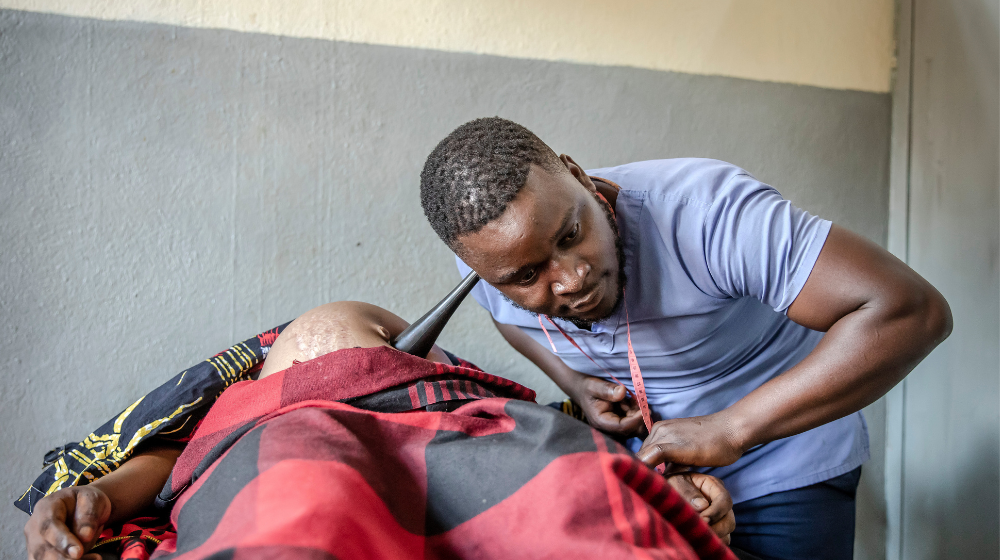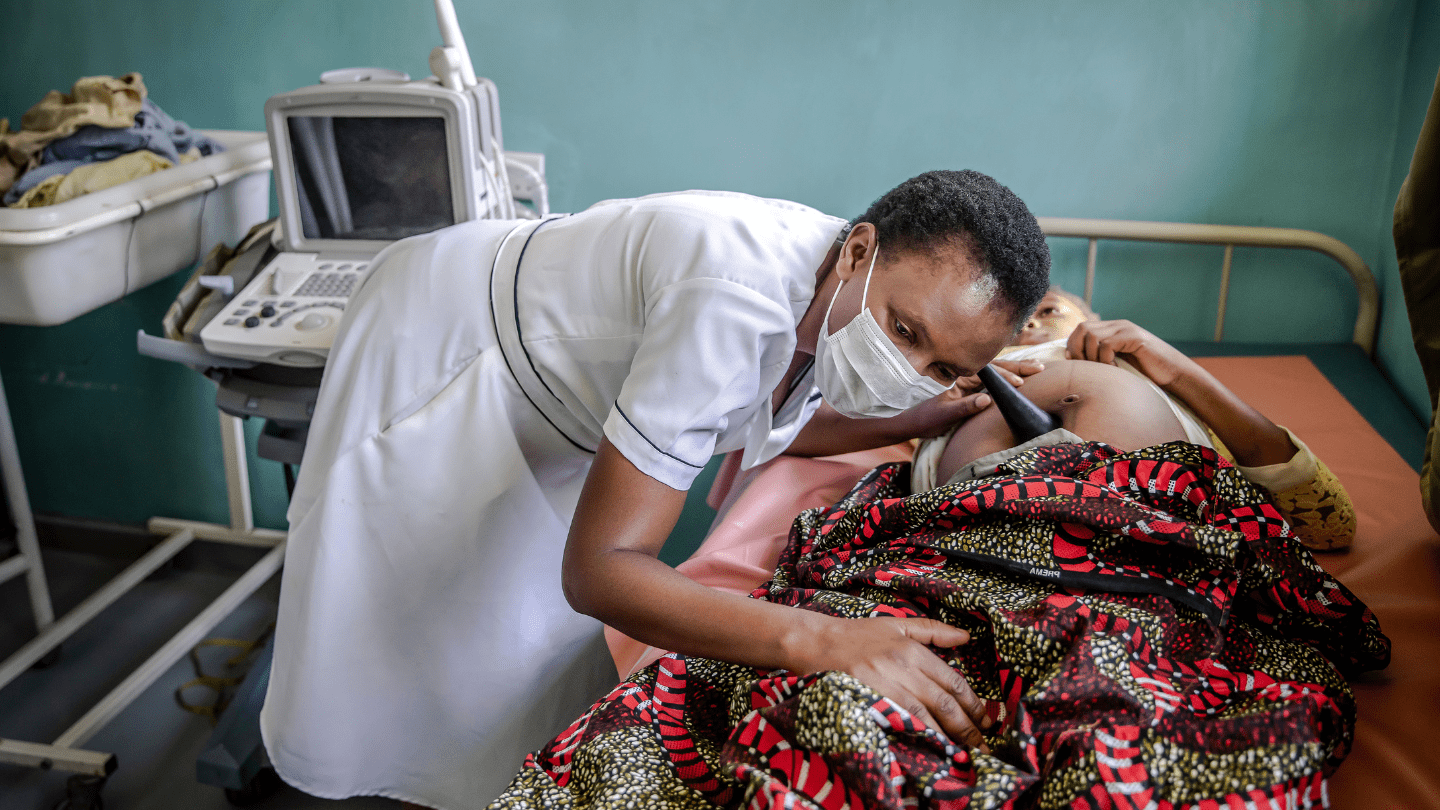At a small rural hospital in Mchinji, 23-year-old Thandiwe labored through a difficult night. Her delivery was complicated, and fear gripped her. But by her side was Tilore, a newly graduated midwife who, thanks to enhanced training, quickly intervened. Hours later, Thandiwe cradled her newborn daughter — two lives saved by skilled hands.
Thandiwe’s story mirrors the journey of many Malawian women. Despite over 91% of births in Malawi occurring in health facilities, the country still grapples with a maternal mortality ratio of 381 deaths per 100,000 live births. Behind these numbers lie preventable tragedies, mostly stemming from gaps in the quality of care.
At the centre of this challenge is the midwife — often the first and only health worker many women encounter. When midwives are properly trained, equipped, and supported, they can avert up to 85% of preventable maternal deaths. Yet, too often, midwives operate under immense strain, lacking the tools and support needed to save lives.
This year’s International Day of the Midwife, themed “Midwives: Critical in Every Crisis,” is a reminder of their life-saving role — and the urgent need to invest in them, especially in crisis-prone settings like Malawi.

UNFPA is supporting this charge. Through scholarships, tuition support, and clinical training, UNFPA is building the capacity of Malawi’s midwifery workforce. Last year, for the first time, four midwifery students supported by UNFPA graduated with distinctions at Kamuzu University of Health Sciences. Their achievement marks a significant shift: better trained midwives mean better outcomes in our maternity wards.
These midwives, like Tilore, are trained to detect complications early, manage emergencies, and offer respectful, quality care — transforming grim statistics into stories of hope and survival.
However, recent global funding cuts threaten these gains. Without sustained investment, the progress Malawi has made could stall, or worse, reverse. Midwives need not only initial education but continuous support, fair pay, proper equipment, and safe working environments to perform at their best.
Investing in midwifery is cost-effective and transformative. Research shows that every $1 invested in midwife-led care yields up to $16 in economic and social returns. A healthy mother contributes to a healthy family, and healthy families form the backbone of a thriving nation.
As we celebrate Malawi’s midwives today, let’s remember that their empowerment is key to ending preventable maternal deaths, strengthening families, and securing a healthier future for all.
By Nelida Rodrigues, UNFPA Representative


